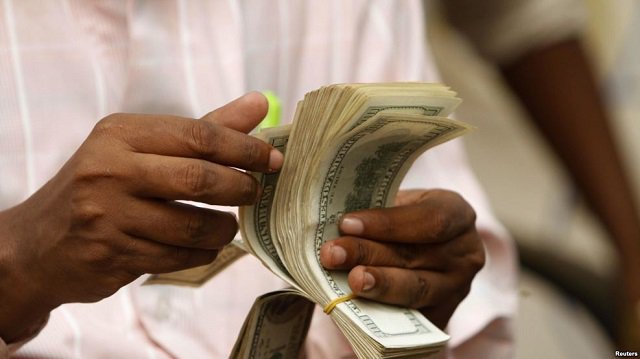
Nigeria lets market set currency exchange rate to stabilize economy
Nigeria’s central bank has ended its distorted foreign exchange rate system, aiming to attract investors and stabilize the local currency. The move led to a significant drop in the value of the naira against the U.S. dollar, followed by a partial recovery.
President Bola Tinubu’s administration seeks to strengthen the country’s economy, implementing changes such as removing the head of the central bank and ending fuel subsidies, which economists view as beneficial in the long term despite short-term challenges.
Previously, Nigeria operated multiple exchange rates for the naira, with the official rate set by the central bank and a higher unofficial rate determining the prices of imported goods. The new policy shifts the determination of the exchange rate to market forces, aiming to boost money inflows and stabilize an economy affected by high inflation and a record unemployment rate. However, it may lead to higher prices for imported goods, impacting a country heavily reliant on imports.
The elimination of multiple exchange rates is seen as a correction to a system that distorted the market, creating unfair advantages for certain actors. Additionally, the previous system hindered foreign investors from accessing foreign currency due to the country’s dollar shortage, resulting in reduced foreign investments. Addressing this issue is expected to unlock investments, stimulate growth, generate employment, and increase government revenue.
President Tinubu suspended the central bank governor, Godwin Emefiele, upon taking office, citing issues related to the introduction of new currency notes that caused a cash shortage. Tinubu also halted gasoline subsidies, leading to higher fuel costs for the public. The currency devaluation, combined with the subsidy removal, may cause short-term challenges but is intended to correct the economy in the long run.
On a related note, President Tinubu inaugurated an economic team chaired by Vice President Kashim Shettima to advise on the country’s economic affairs.

